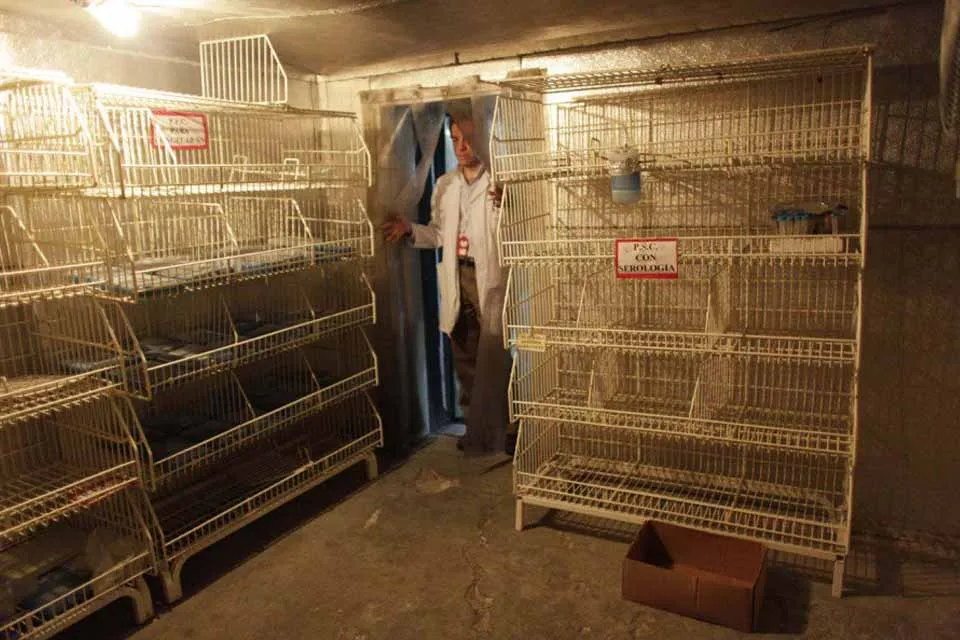
Expired collection bags, lack of supplies and the lack of the seven reagents that detect infections in donated blood (hepatitis B, hepatitis C, HIV, syphilis, human lymphotropic virus and Chagas disease), making it impossible for institutions to carry out transfusions . Situation that has affected more than 80% of the country's blood banks.
People die in the absence of adequate and timely treatment.
In recent years, medications, from antibiotics to chemotherapy drugs, have become increasingly scarce. Public hospitals ask for the families of patients who find sheets and syringes. For months, patients suffering from HIV do not have the necessary drugs, and there are transplant patients who died due to a lack of the necessary immunosuppressants after the operation.
In the absence of reagents for the analysis of donor samples, blood banks opt for the relatives of patients with a part of this question.
Because of this. In six states of the country, including Caracas, the sale of blood from public hospitals has been reported, denounces the Coalition of organizations for the right to health and life (Codevida).
It is an open secret in a Venezuela in crisis. Within public hospitals, it is opening the way to a "black market" that markets blood and its derivatives, needs for miles of patients and is in the public health system due to the lack of reagents for the flow of these fluids.
Although article 39 of the Law of Transformation and Blood Banks warns that "who has the purposes of the use of human blood or its components, or the destination for the various uses of the permits for this Act, is punished with imprisonment of 4 to 8 years ", the reality shows a nascent market around its distribution and illegal sale.